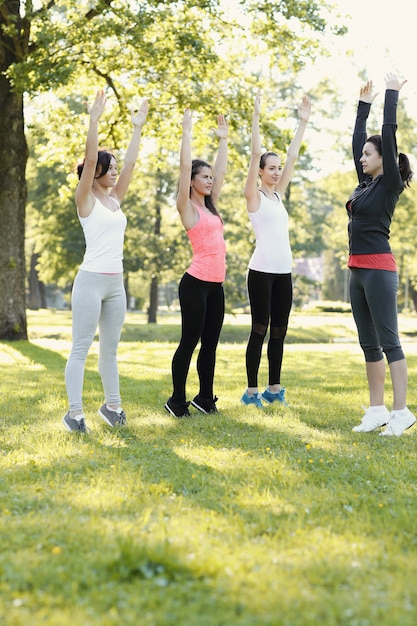
Including physical exercise in your daily routine can really help you get a good night’s sleep. When you’ve been active during the day, you’re more likely to fall asleep quickly once your head hits the pillow. Regular exercise also makes your sleep more refreshing and restful. But how exactly does this work?
Well, exercise puts physical stress on your body, and to compensate, your body responds by getting more deep sleep, which is essential for rest and rejuvenation. During exercise, your body’s core temperature rises due to the energy you’re using. It stays high for a while and then drops several hours later, which seems to help you fall asleep.
The best time to exercise to benefit your sleep is in the late afternoon or early evening. Try to exercise for about 30 minutes at a time, three or four times a week. Even fitting in short periods of physical activity daily will benefit your overall health and emotional well-being.
Exercise has various physical effects that improve sleep quality: it boosts vitality and metabolism, relaxes the body and mind, and reduces daytime sleepiness. People who need naps in the afternoon or evening might find it harder to fall asleep at night, and exercise can help prevent this need for naps.
Exercise also reduces muscle tension and general stress and stimulates the release of endorphins and epinephrine, which improve mood. Studies show a link between exercise and better mood and well-being. Additionally, exercise strengthens the heart and lungs, increasing the amount of oxygen available to the brain, which enhances cognitive function.
Aerobic exercises like walking or running might be the best choice for you, as they work your heart and lungs, helping get more oxygen into your bloodstream. Other activities involving aerobic exercise include biking, dancing, and swimming.
If you prefer connecting your mind and body, try some floor exercises like yoga. Yoga uses a series of breathing techniques and postures to promote blood flow to the brain, helping to relieve tension and stress and leading to smoother sleeping patterns. Another great option is Tai Chi, a non-aerobic series of slow, controlled movements suitable for anyone, even those with painful joints or those who find aerobic exercise unsuitable.
Exercise positively influences your sleep in three main ways: it helps you fall asleep more quickly, which allows you to spend more time in non-REM stages of sleep (slow-wave sleep), beneficial for body rest and restoration; it enables your body to complete more sleep cycles, with the average adult completing five 90-minute cycles per night.
After a few weeks of your new exercise routine, you should notice that you feel more rested in the morning, better equipped to handle the stresses and strains of modern living. Exercising regularly helps you reach the onset of sleep more quickly and improves your quality of sleep, leaving you feeling more revitalized in the morning. Regular exercise also helps your body function more efficiently through an improved cardiovascular system and effective delivery of nutrients, resulting in increased energy.
Consequently, you begin to look and feel better.